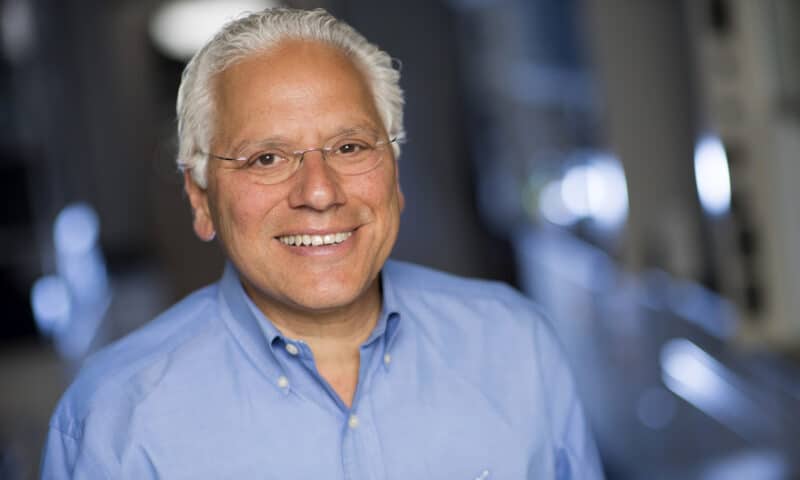Richard DiMarchi, Ph.D., ex-Eli Lilly executive and serial entrepreneur, is getting the band back together—again. Along with former colleagues and a group of familiar investors, he’s setting up MBX Biosciences, a new biotech focused on rare endocrine diseases.
The team had previously worked on Marcadia Biotech, which Roche snapped up for $287 million upfront in 2011, and Calibrium and MB2, diabetes-focused startups bought by Novo Nordisk in 2015. Unlike its predecessors, though, MBX is here to stay, says CEO and co-founder Kent Hawryluk, who also helmed MB2.
“We had Marcadia Biotech … We had MB2, and rather than continue with the numbering sequence, we went straight to MBX,” Hawryluk told Fierce Biotech. “We hope this company will truly have a long life and be an important biotech company based in central Indiana that can employ quite a few people and deliver important medicines to patients in need.”
RELATED: Tiburio launches with $31M and clinical-stage drugs for rare endocrine diseases
Like DiMarchi’s previous companies, MBX is based on work out of his lab at Indiana University. It starts out with $34.6 million in funding from Frazier Healthcare Partners, OrbiMed, New Enterprise Associates, Indiana Philantrhopic Venture Fund, Indiana Seed Fund III and Twilight Venture Partners.
The capital will advance a pipeline of preclinical-stage peptide therapeutics aimed at “clinically validated molecular targets” in rare diseases that affect the endocrine system, namely the group of glands that produce hormones to control functions like metabolism, growth and development, reproduction and sleep.
Endocrine signaling pathways use peptide hormones like insulin, growth hormones and vasopressin to regulate some of these functions. But the pathways can be thrown out of whack by factors like injury, genetic mutations, tumors and inflammation.
One solution is to give patients the hormones they are missing, but these “natural products are designed for physiology, not pharmacology,” DiMarchi said. Native hormones tend to have a short half-life, so they must be given often and in very high doses. On the flip side, patients who make too much of a certain hormone could take antagonists to block the hormone’s effects, but again, they often require high doses.
Turning peptide hormones into long-acting drugs requires “a level of sophistication and perseverance,” DiMarchi said. It has been a challenge for traditional Big Pharma companies, which makes it the perfect opportunity for academics and biotechs, he added.
MBX isn’t sharing yet which targets and diseases it’s going after, but Hawryluk pointed to the interest from Frazier, OrbiMed and NEA as “a vote of confidence” in DiMarchi’s track record.
“I think Richard is one to see around corners, if you look at, for example, the innovation that Marcadia delivered in the incretin field … And identifying unmet need here in rare endocrine diseases, which have been overlooked by others and tended not to be the focus of Big Pharma,” Hawryluk said.

